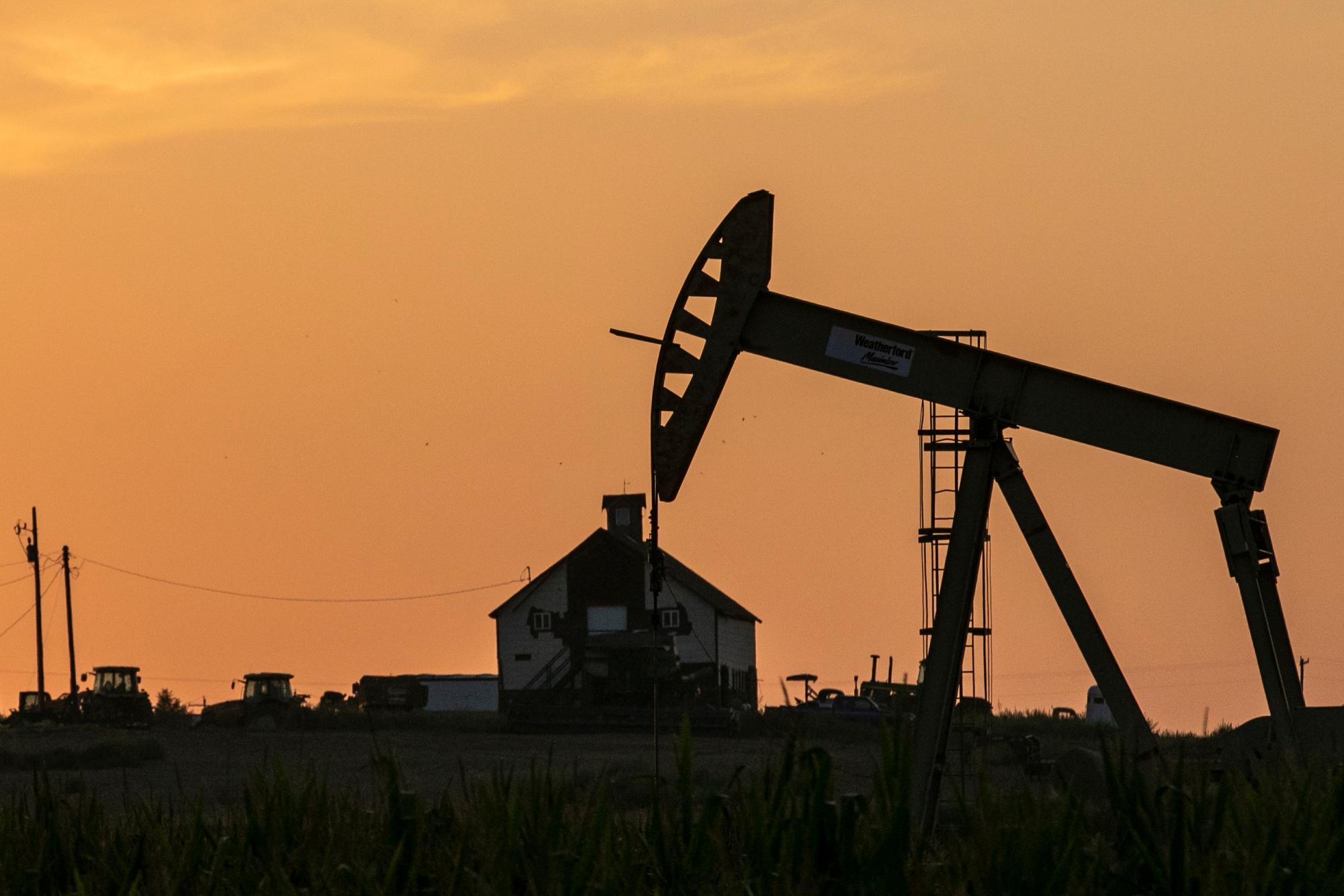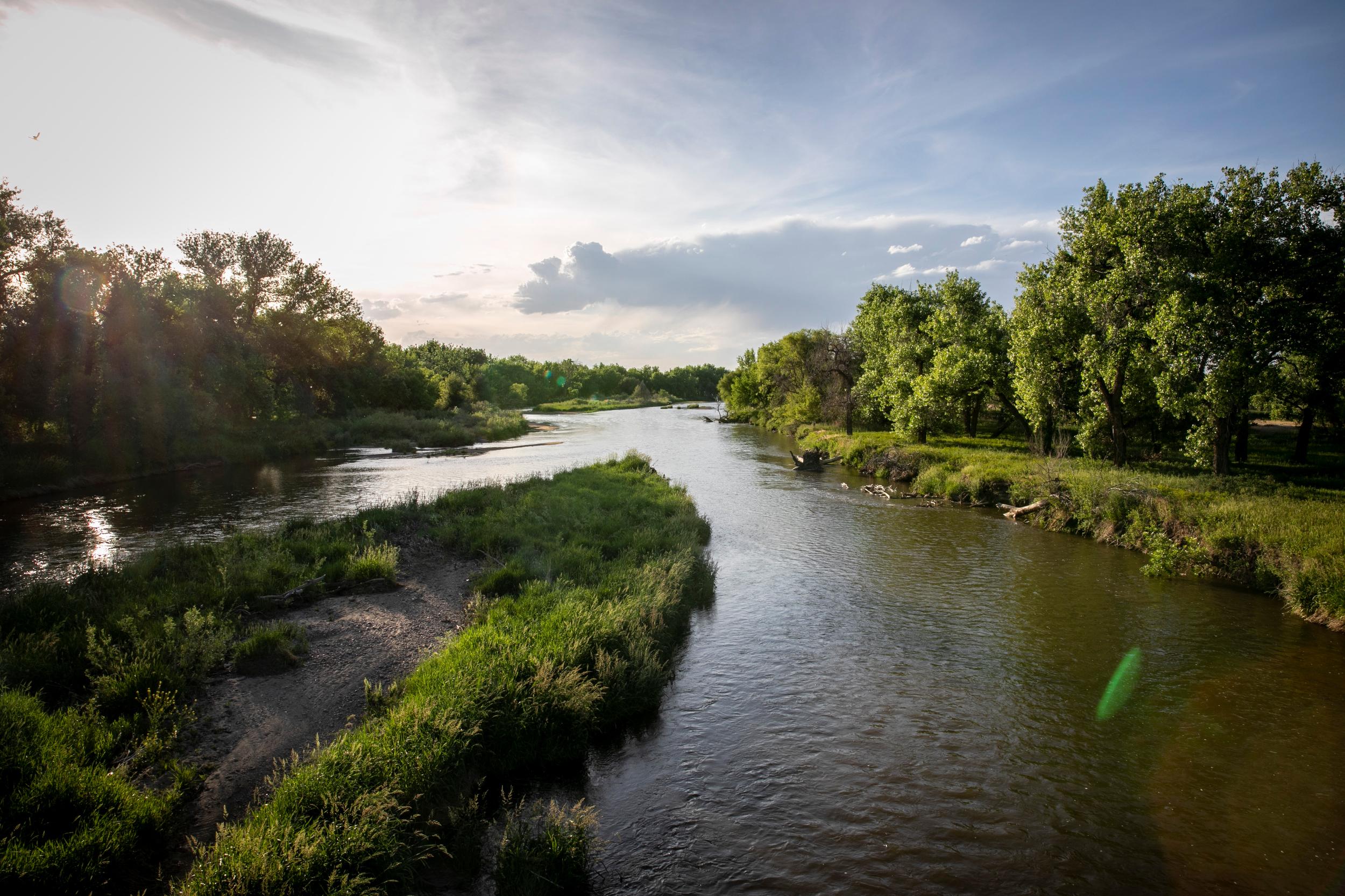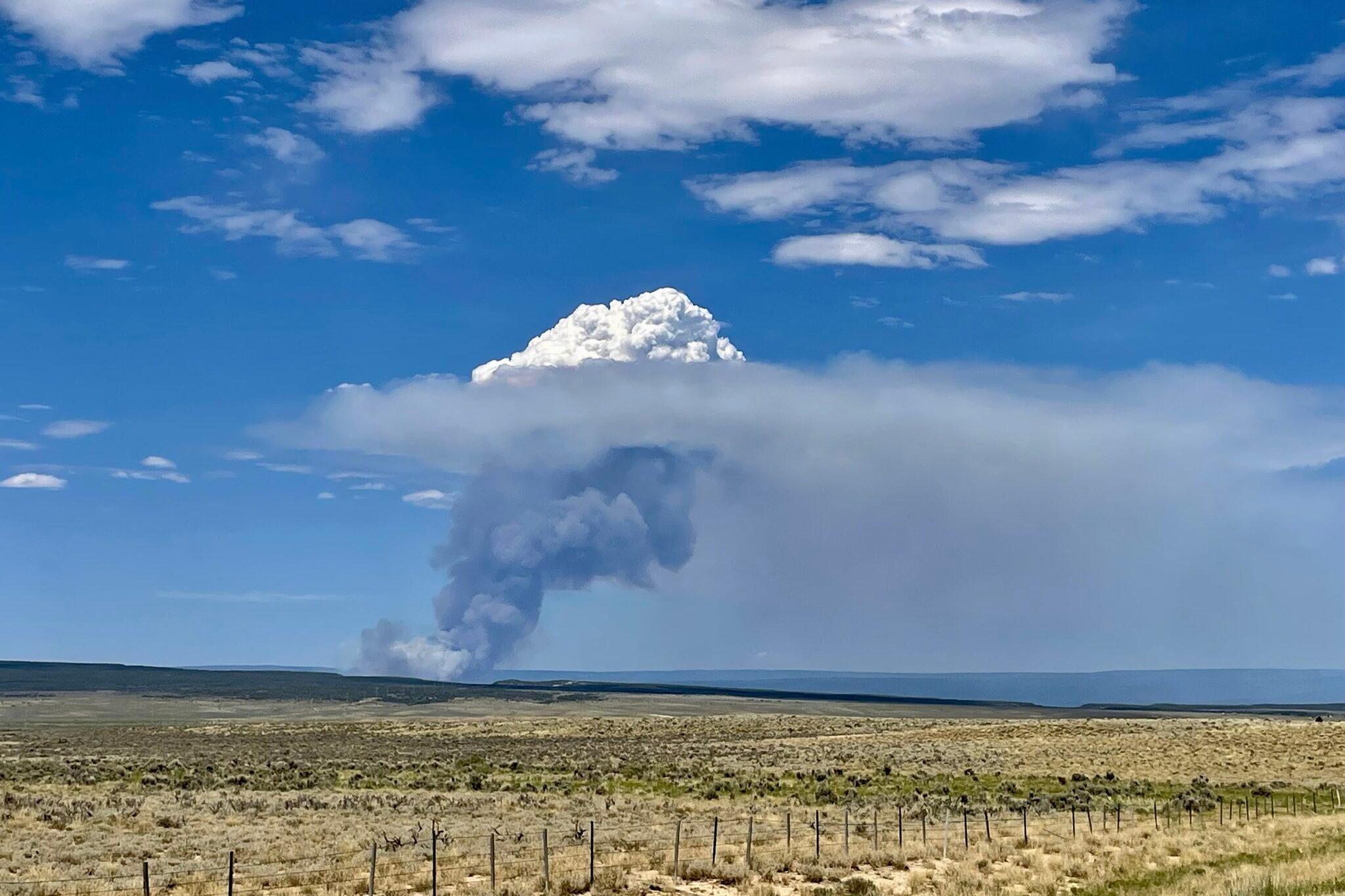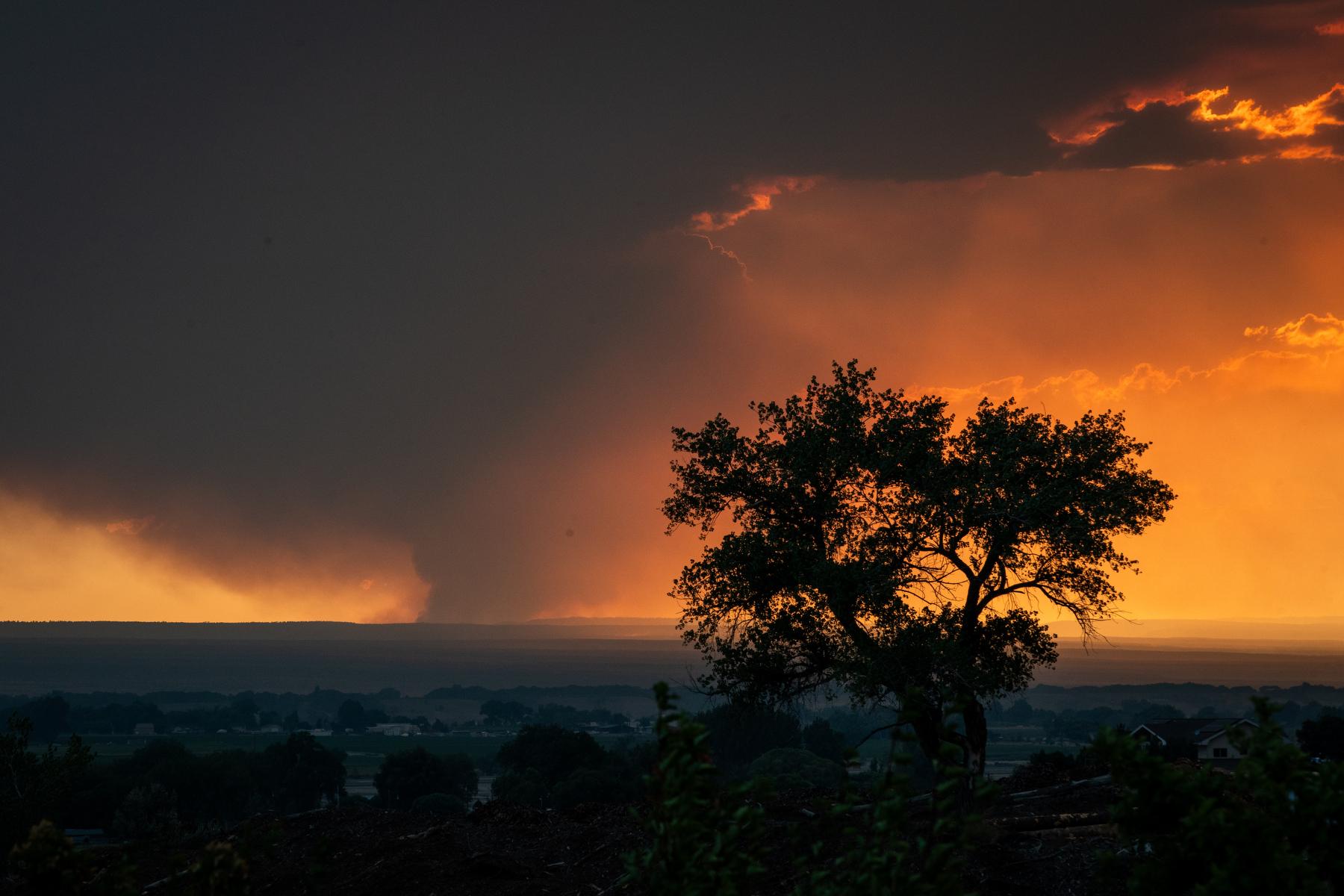
Colorado’s oil and gas industry is in the midst of an epic downturn, with steep declines in rigs, production and employment not seen in decades.
“It's been a difficult year for our industry,” said Dan Haley, president and CEO of the Colorado Oil and Gas Association.
That probably understates it.
Oil production between May and August dropped 13 percent compared to the same period a year before. It’s the steepest four-month drop for producers since at least 2001, that’s as far back as the data from the Colorado Oil and Gas Conservation Commission goes.
Haley said demand for oil, which is driven in large part by travel, has fallen as the coronavirus pandemic has persuaded people to stay home. At the same time, countries including Russia and Saudia Arabia have flooded the market with oil.
“And they did that to try to break the back of this American shale revolution,” Haley said. “And then in Colorado at the same time, we've been undergoing these massive regulatory changes which have allowed for some uncertainty for operators.”
“It has been historic to see all of these factors sort of converging at one time and one year,” he noted.
Colorado recently approved a sweeping set of rules on the industry, including 2,000-foot setbacks between wells and occupied buildings. While not welcomed by the industry, Haley said operators at least have some certainty that the rules are set.
The rules come at a time when the industry is drilling less than any time in modern history. There are only four oil and gas rigs currently operating in Colorado, according to Baker Hughes, an oil field services company that keeps track of rigs nationally. Until recently, Colorado never had fewer than 16 rigs drilling in Colorado at one time.
Fewer rigs mean fewer jobs.
Seasonally adjusted employment in the mining and logging sector in Colorado dropped 18.2 percent year-over-year in September, more than even the leisure and hospitality industry that month. (Some oil and gas workers can easily move into construction jobs, but construction employment was also down 4.9 percent in September.)
“It's rough out there,” said Bernadette Johnson, vice president, strategic analytics at Enverus, a Denver firm. Oil prices have hovered at around $40 a barrel since summer. “That price just doesn't support much drilling at all."
Given the nature of shale oil, production in Colorado may fall even more in the coming months as wells that have already been drilled start to decline in barrels produced.
“The decline curves in these fields are very steep,” said Michael Orlando, managing director of EconOne, a consultancy, and a lecturer in the global energy management program at the University of Colorado Denver. “So if you don't continue to drill and you don't continue to complete in the field, production drops off pretty rapidly.”
Recent vaccine news has raised hopes that things could return to something like normal by the summer or fall of 2021. People see the light at the end of the pandemic now, and so they will put off trips and social interactions to get through winter.
“That is going to have this interesting effect of pushing demand further into the future,” Orlando said.
Orlando said that the industry has the technical ability to ramp up production quickly to respond to more demand, should it materialize.
But “will it happen? No, I don't think so,” Orlando said.
He points to pressures from Wall Street investors to curtail the free-spending ways of the industry of the past 10 years and the unknown effect of Colorado’s new regulations.
One thing all are certain of: there will be more consolidation in the industry. Already Colorado’s two largest producers have new names. Anadarko Petroleum was scooped up by Occidental Petroleum, and Noble Energy by Chevron.
“I think we'll continue to see more of that,” Haley said. “We'll see more mergers and acquisitions as companies are trying to find ways to increase their cash flow and make sure that they're ready to compete in Colorado.”









